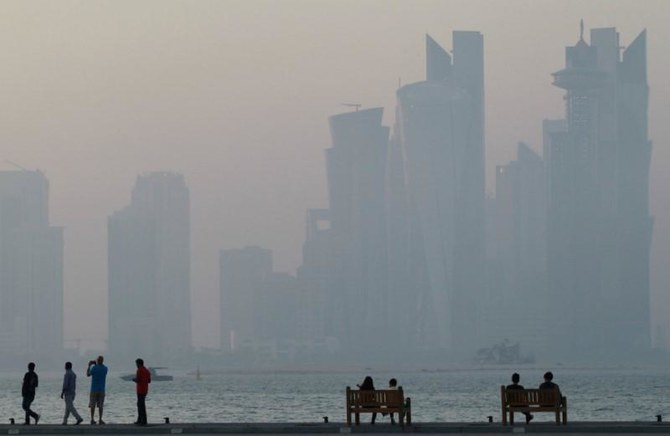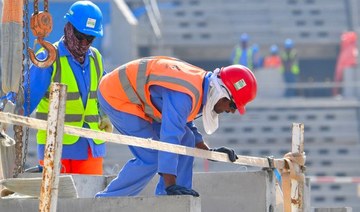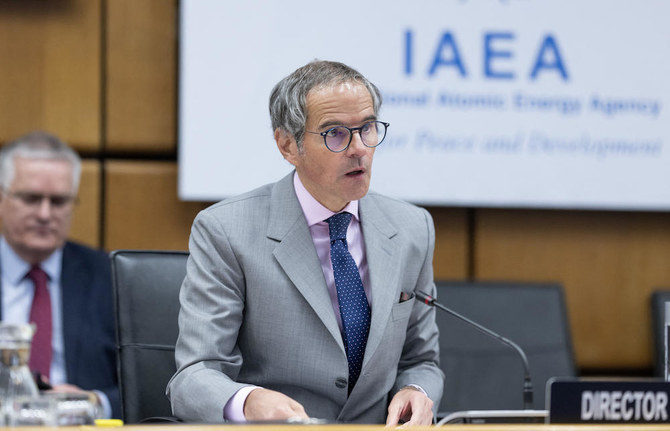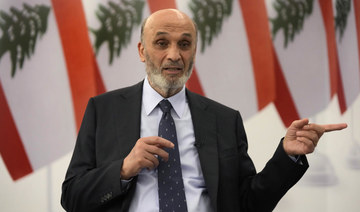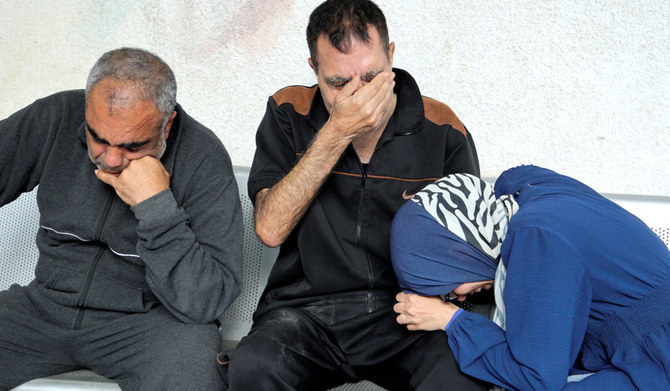LONDON: Female migrant workers in Qatar regularly suffer extreme abuse and are frequently overworked, according to a report published on Tuesday by Amnesty International.
The report, which surveyed the experiences of 105 female migrant domestic workers in the Gulf state, said some were forced to work excessive hours, were not paid properly, were denied food, and suffered severe physical mistreatment at the hands of employers, including sexual assault.
It documented instances of regular beatings suffered by 15 of the women, with 40 saying they had been slapped, spat at or had their hair pulled. Most were frequently insulted; one said she had been treated “like a dog” by her employer.
Another said her employer had threatened to cut out her tongue and kill her. “I am only a (maid), I cannot do anything,” she told Amnesty.
Eighty-seven of the 105 said their passports had been confiscated by their employers, preventing them from returning home, and they were offered no protection by Qatari authorities.
Ninety of the women interviewed said they worked for over 14 hours per day, and half said 18-hour days were normal — double the standard hours stipulated in their contracts. Many had never received days off.
Five of the women surveyed by Amnesty said they have suffered sexual abuse at the hands of employers or their family members, with one adding that she had witnessed the son of her employer raping another domestic worker.
She and her colleague were offered money by the employer to keep quiet. When they went to the police instead, she said, they were accused of making the story up.
Qatar is thought to have around 173,000 migrant domestic workers and as many as 2.7 foreign workers overall, making up nearly 90 percent of the country’s population, with most coming from India, Nepal, Bangladesh and the Philippines.
Qatar has been dogged by allegations of systematic mistreatment of such workers, including denying them the right to set up unions, or to return home without their employer’s permission for years.
International focus has been drawn to the way the country has treated migrant laborers since Qatar was awarded the right to host the 2022 FIFA World Cup.
Problems persist, including late or non-payment of wages, inadequate housing and exploitative behavior by employers.
Despite moves to bring in such functions as a minimum wage and the 2017 Domestic Workers Law, which ostensibly guaranteed rights on issues such as working hours, breaks, days off and holidays, most measures are not enforced and migrant domestic workers in particular have been left behind, Amnesty said.
“The women we spoke to were resilient and independent — they had left their homes and traveled halfway across the world. Instead of being isolated and silenced, these women should be given a voice so they can advocate for their rights,” said Steve Cockburn, Amnesty’s head of economic and social justice.
“Domestic workers told us they were working an average of 16 hours a day, every day of the week, far more than the law allows. Almost all had their passport confiscated by their employers, and others described not getting their salaries and being subjected to vicious insults and assaults,” he added.
“The overall picture is of a system which continues to allow employers to treat domestic workers not as human beings, but as possessions. Despite efforts to reform labor laws, Qatar is still failing the most vulnerable women in the country.”
A Qatari government statement said allegations raised by the report will be investigated to ensure “all guilty parties” are held to account.
“If proven to be true, the allegations made by the individuals interviewed … constitute serious violations of Qatari law and must be dealt with accordingly,” the statement added.



